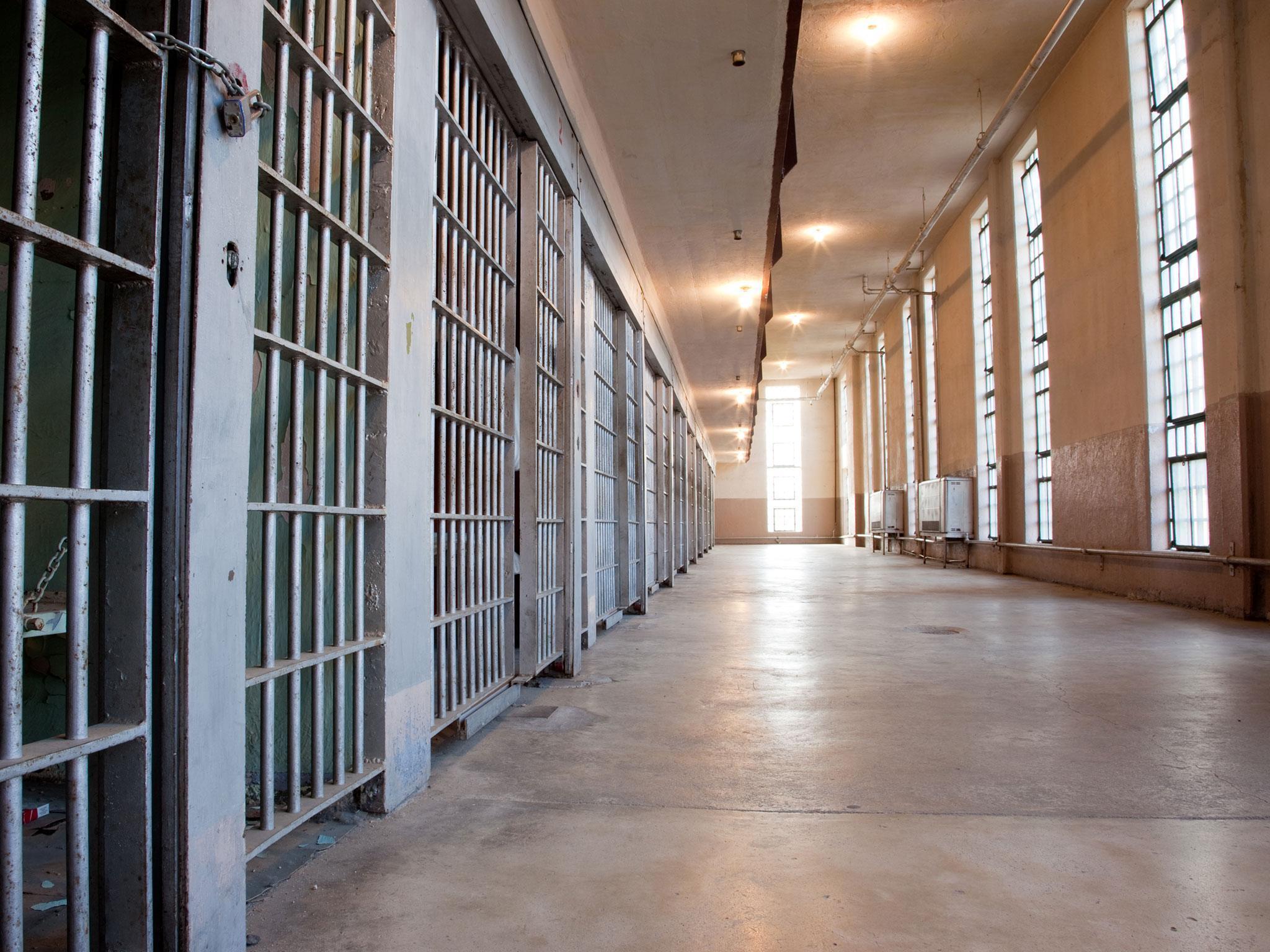The Government wants to segregate extremists in prison – does it know how Isis was founded?
While the strategy has been criticised, 'concentration' is taking a much broader and holistic view to counter extremism in prisons than it has been given credit

The plans to segregate extremists from the general prison population has been a long debate within HMP’s. Inmates with extreme political views are currently dispersed throughout institutions across England and Wales so as to avoid them linking up with one another and spreading their poisonous views.
However, the new strategy will hinge on extremists being extracted from the general population and then concentrated and isolated, in an attempt to limit their radicalising others. This call has been met with some uncertainty and fear. The concentration of people who hold extreme ideologies can lead to entrenchment of their views and increased resentment among that small group of individuals, thus reducing any potential rehabilitation that the prison system could offer them.
However, we must weigh this against the damage that these preachers from both the far-right and Islamist side can do, when left alone. At a select committee hearing in July, the leader of the review into prison radicalisation, Ian Acheson, outlined with chilling clarity the perils of ignoring them:
“Their behaviour is so egregious in relation to proselytising this pernicious ideology, this lethal nihilistic death cult ideology, which gets magnified inside prison particularly… when you have a supply of young, impulsive and often highly violent men, they need to be completely incapacitated from being able to proselytise to the rest of the prison population.”
Does this not seem counter-intuitive to then place them all together though? Surely it will concentrate and cement the ‘lethal nihilistic death cult ideology’? Rehabilitation has been a function of all prisons in the UK for almost 250 years with the aim of reducing recidivism. By placing these corrupt offenders in one hot bed of extreme ideology it will make it incredibly difficult to bring these people to a deradicalised way of thinking.
This is not the first time that people will be segregated for their views. Think back to Maze Prison in Northern Ireland where the nationalists and loyalists were divided; or to Camp Bucca in Southern Iraq where Isis leader Abu Bakr Al-Baghdadi met many of his comrades and generals. Neither proved to be viable options in dealing with extreme views. The long and short of it is that concentration leads to a victimhood narrative and potential unjustified referrals, exposing people who can still be saved from radicalisation to the worst possible environment. Politically, it seems mildly suicidal too. People are already calling it ‘Britain’s Guantanamo’ or ‘prisons within prisons’.
However, truthfully, the review being launched by the Ministry of Justice, in which ‘concentration’ does play a role, is actually a small part of what is a much larger and wide scale prison review. The strategy is taking a much broader and holistic view to counter extremism in prisons than it has been given credit. This includes more educational programmes, a closer look at the preaching’s of prison Imams and a renewal of staff training. ‘Concentration’, in isolation, is indeed, madness, however in conjunction with the rest of the proposed plans, we can draw some positives.
Segregation allows closer monitoring of extremists and greater access for specialists coming to work with them, however, it will not eradicate the plague of prison radicalisation completely. Prison extremism as a whole requires a system where the bar is raised across the board and does not rely on surgical extractions. Of course, the new proposed plan will limit the expansion of extremism in prisons in the immediate future and any potential cross-pollination with institutionalised gang culture, but we need to be thinking long term. As it stands, prison guards do not have the training to deal with gang members and other troublesome prisoners, let alone be able to tell the difference between an Islamist, an extremist, a Muslim, or a convert. We need more training.





Join our commenting forum
Join thought-provoking conversations, follow other Independent readers and see their replies